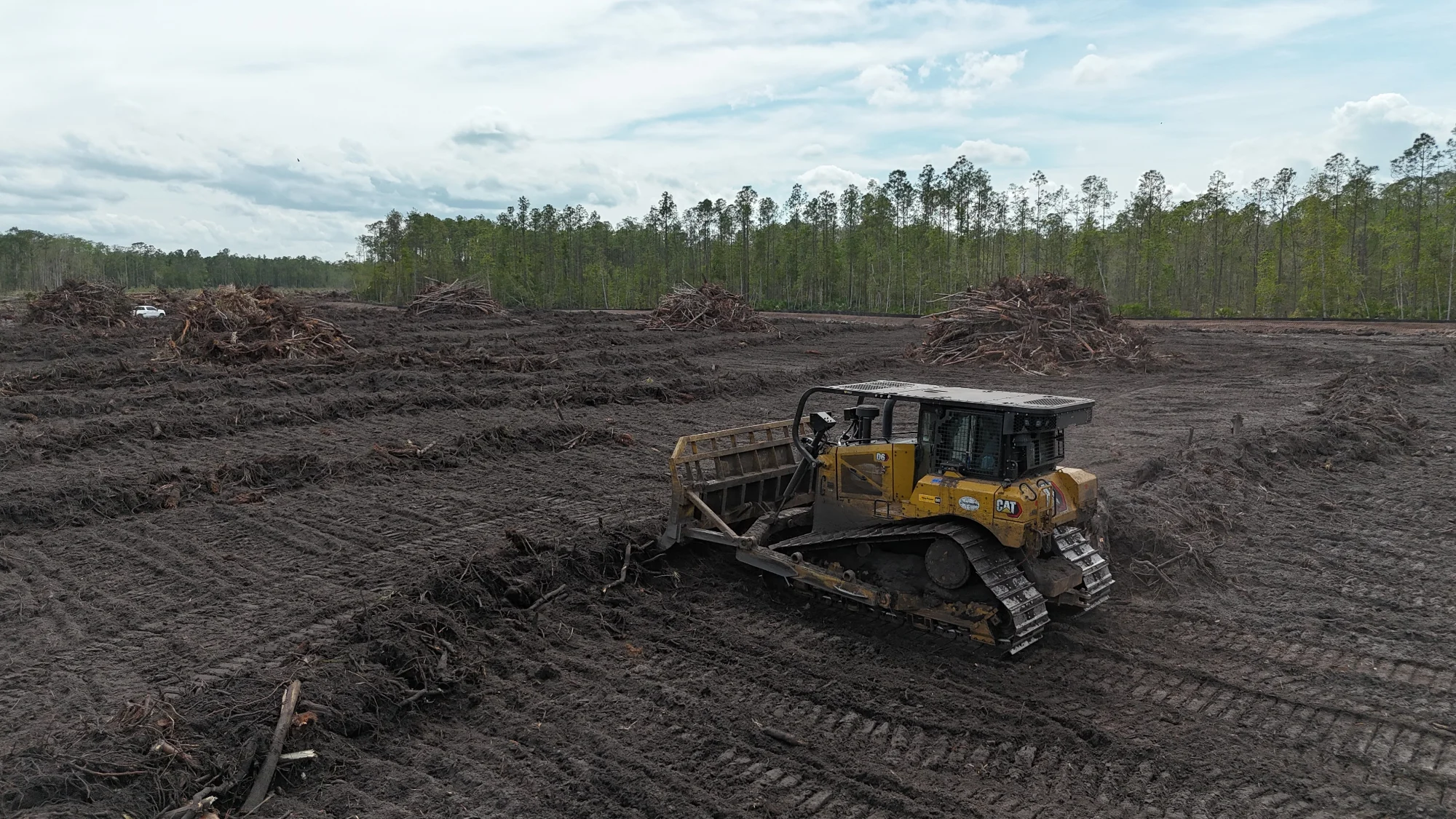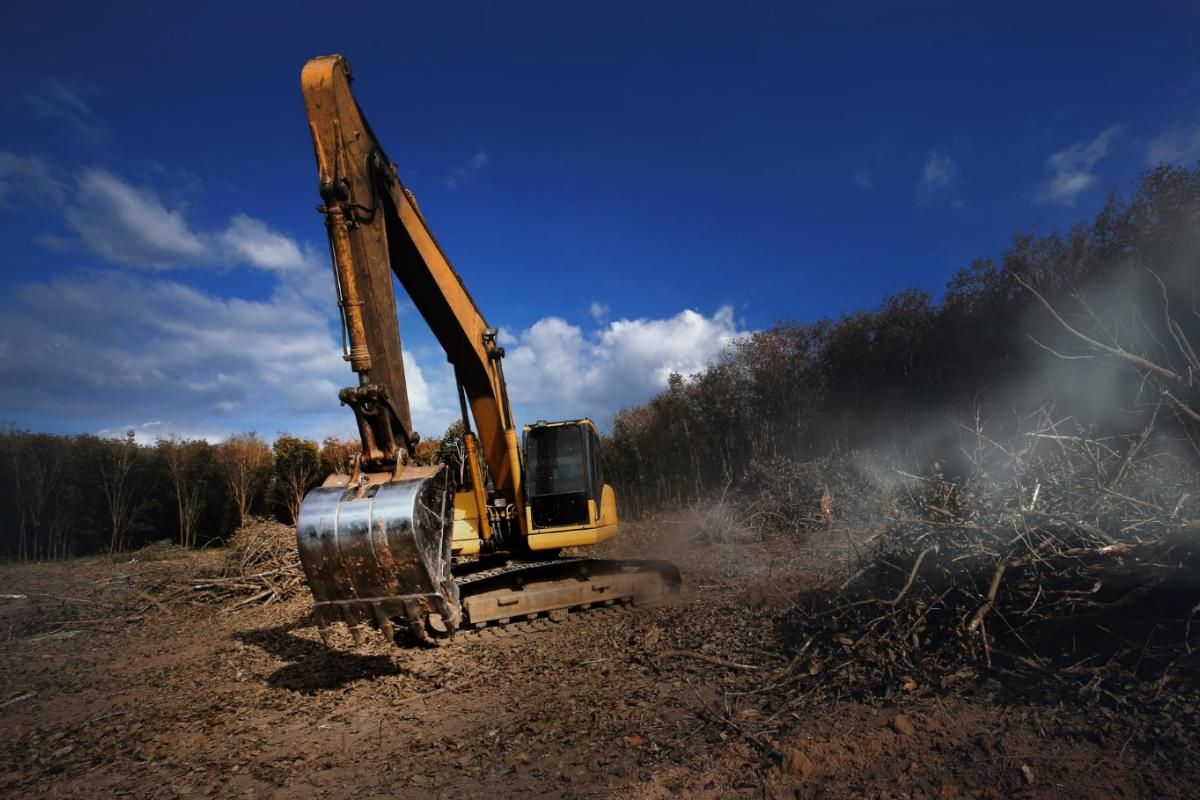

Land development has a notorious reputation among experienced developers. Municipal limitations and unforeseen elements in the land can present challenges that may derail preliminary schedules. Not only is this frustrating for owners eager to get into their new facility, but the challenges that inevitably pop up can take time to navigate. And while there is always the potential for schedule-derailing pitfalls, with the proper team and some work upfront, you can make the procedure as efficient as possible. In this post, we'll discuss factors that make land clearing in Oviedo such a lengthy process.
There's more to land development than removing a few weeds and trees. Various things can pop up during the procedure that may cause you to hit the brakes on your work. For example, surprise site conditions that demand additional work can postpone construction. Time-consuming paperwork requiring municipal approvals can also push back progress. All in all, land development can take a few months to a few years. Here are some standard causes of delays during the land development phase.
Sometimes, what lies below the surface of the land that you can't detect on a standard walk-through may require additional effort to mitigate, pushing your development off schedule. For instance, if your crew discovers buried hazardous waste or polluted soil on the land, you'll have to remove or remediate the ground according to local regulations. There are different methods for safely and efficiently dealing with these sites, but they all add time to your schedule and costs to your bottom line. In addition, you'll probably have to fix the issue before construction begins, so you'll want to get your soil tested and any remediation work done promptly.
While less familiar, old graveyards and archeological discoveries could also bring construction to a halt, as could discovering protected or endangered species on the land. Depending on the discovery, you'll have to manage it according to your local municipality's rules.
The topography of the land could also push out the project's completion date. Grading, drainage, soil composition, and below-grade rock all often demand additional work to prep your site for building construction.
Sometimes, these disruptions can be easily noticed by just touring the site. However, you need a geotechnical report to get a genuine sense of what's happening below grade. This will show you and your excavator how much rock, if any, will need to be removed before construction can start. This helps in setting a practical schedule and budget.
You'll also want to note the overall grading of the site. This impacts how much earthwork needs to be done to ready the site for the building, parking areas, and landscaping, but it can also affect site drainage.
If your plot of land is already zoned for your intended use, you shouldn't encounter too many problems. However, if you require a zoning variance, the process may push back construction greatly. In addition, each municipality will have a separate process for applying for and getting the variant. Therefore, the sooner you begin this process, the better.
Sometimes, you may have partnered with a construction team before beginning the zoning variance. If this is the circumstance, they can help guide you through this process. Likewise, it can be helpful if your construction team worked with the municipality in the past, but it isn't critical.